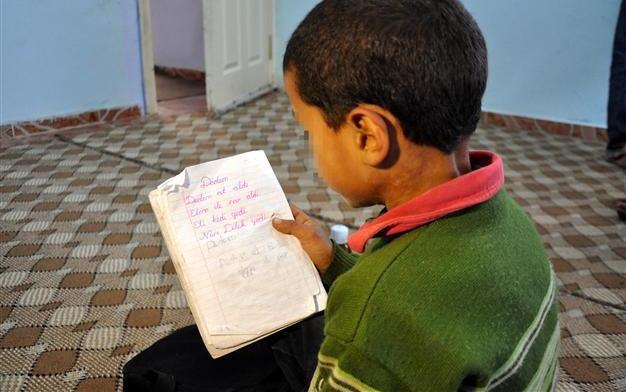Court orders Turkish Health Ministry to pay HIV-infected boy 1.4 mln liras
ŞANLIURFA – Anadolu Agency

Y.Ç. is one of the youngest HIV patients in Turkey, according to official data.
A court in the southeastern province of Şanlıurfa has ordered the Health Ministry to pay 1.4 million Turkish Liras in compensation to a seven-year-old boy, who was injected with HIV-tainted blood in 2008 in a public hospital.“I am glad to win the case, but not for the money. I’d rather my son was healthy and I did not get this money. I feel like I have sold my child,” the boy’s father said.
The child, known only by his initials Y.Ç., was injected with HIV positive blood in an Ankara hospital when he was only 18 months old, during treatment for second-degree burns after a boiling teapot fell on him.
Having started school last year, the boy says he wants to be a doctor. His father has vowed to spend the 1.4 million-lira compensation money on his son’s health expenses and investing in his future.
He also said he wanted to make the pilgrimage to Mecca with his family, who live in a village in Şanlıurfa province.
More than 7,600 people were registered HIV positive in Turkey between 1985 and 2013, according to the Health Ministry.
This is only a small share of the 78 million recorded cases of AIDS since the outbreak of the infectious disease began, according to the Turkish Association of Clinical Microbiology and Infectious Diseases. In 2013, almost 1,400 new HIV positive individuals were carrying the fatal virus in Turkey - the highest year on record for Turkey so far.
Globally, 2.1 million people were infected in the same year, bringing the current world total to 35 million worldwide.
The ONE campaign, a group dedicated to fighting preventable diseases in Africa, has declared that the world has reached “the beginning of the end for AIDS,” as the number of newly infected people in 2013 was lower than the previous year for the first time ever.
















